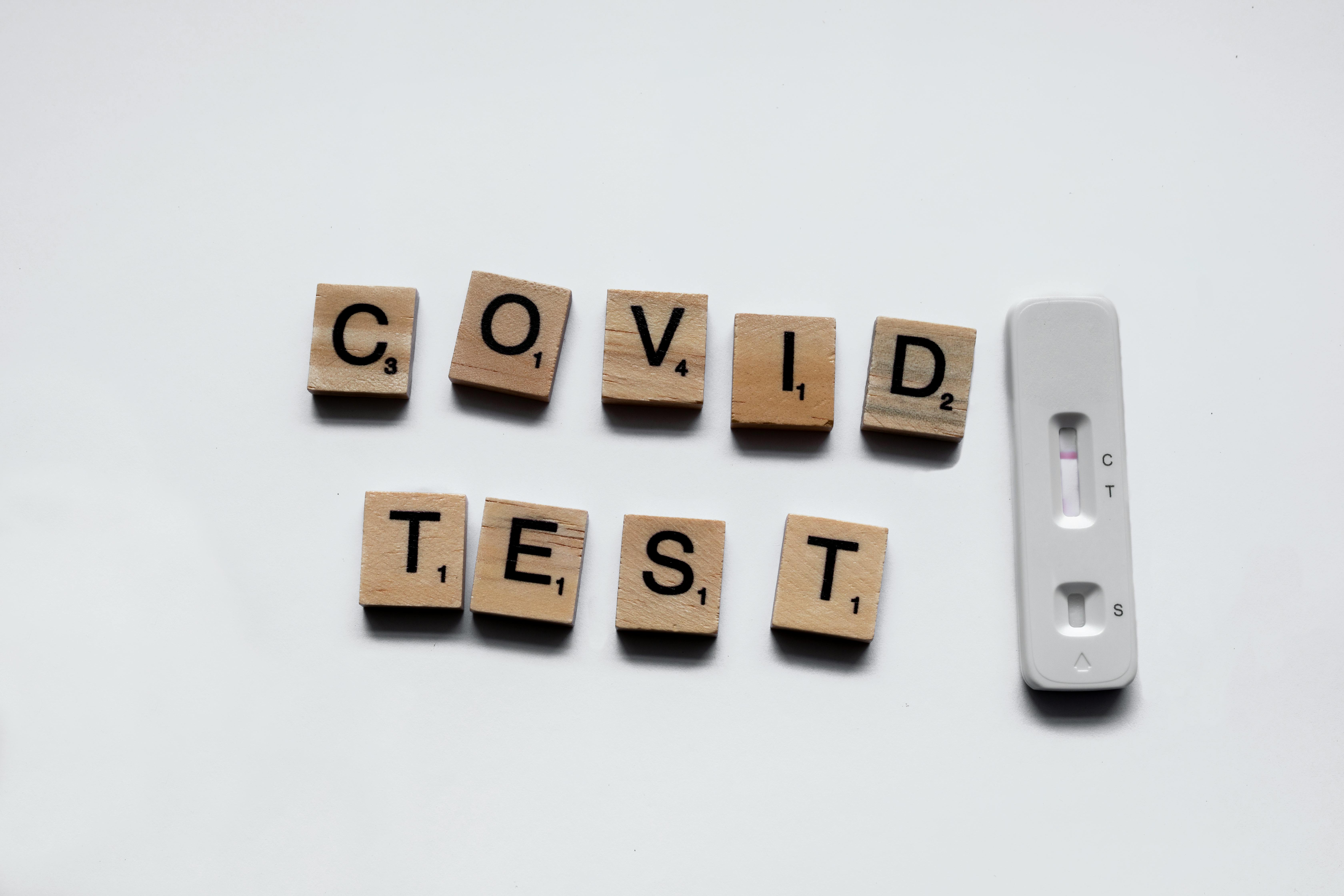.png)
HLA is pleased to announce the declination of criminal charges by the U.S. Department of Justice ("DOJ") against a healthcare consultancy business and owner arising from an alleged fraudulent scheme involving approximately $6 million dollars in medically unnecessary treatments billed to Medicare and Tricare. We are grateful for our client's unyielding confidence and trust in our representation. In this case, the government laid down their arms before battle--a rare outcome when dealing with aggressive DOJ prosecutors.
DOJ's Regional Healthcare "Strike Forces"
The DOJ has prioritized healthcare fraud enforcement for years, and U.S. Attorneys' Offices in each of the 50 states compete for the most notable cases. Accordingly, federal prosecutors often cultivate relationships with private industry, including payors and PBMs, to receive investigative "leads." These leads are investigated by the FBI, HHS-OIG, and other federal agents and investigators.
In addition to the U.S. Attorneys' Offices, the DOJ operates "Strike Forces" in regions across the country. These Strike Forces consist of federal and state investigators and prosecutors who focus on violations of federal criminal law, including health care fraud, wire fraud, money laundering, and violations of the Anti-Kickback Statute (AKS).
If you receive a subpoena or civil investigative demand (CID) from the DOJ, it is important to understand the distinctions between investigative agencies, such as the FBI and OIG, and within DOJ itself, related to healthcare regulation and oversight.
Audits Increase Enforcement Risk
The government often relies on specialized knowledge and information available from private industry, and enforcement is no different. As we have written about repeatedly, payor and PBM audits increase the risk that your business will be the focus of a subsequent government investigation.
Audits typically are not conducted at random, and payors and PBMs, including Medicare contractors like Safeguard and Qlarant, are obligated to refer cases involving "suspected" fraud to the government for further investigation.
Accordingly, in the event of an audit, or Fraud, Waste & Abuse (FWA) investigation, it is critical to fully refute any inference of deliberate wrongdoing. Similarly, an audit often provides an opportunity to address any instances of past non-compliance and implement good faith, remedial action upon discovery. In many instances, if done correctly, your response to an audit can alleviate future concerns or foreclose them altogether.
The Government's Investigation
Following a lengthy investigation, the DOJ alleged that our client had "conspired" with a medical practice, pharmacy, and other business partners to bill at least $5.7 million in medically unnecessary medications to Medicare and Tricare. A conspiracy is simply an agreement between two or more persons to accomplish an unlawful objective.
In response to our request, the DOJ provided us with a "reverse proffer" regarding the investigation, which included information on their charging theory and facts that implicated our client. Specifically, the DOJ threatened that our client would be indicted absent entry of a guilty plea.
HLA's Defense Strategy
Because HLA's founding partner previously served for nearly a decade as a federal prosecutor, we understand DOJ's perspective and use that background to shape our defense strategy. In this case, we sought to persuade prosecutors that our client's role in the alleged conspiracy was entirely lawful.
As you might imagine, it is not easy to convince DOJ to back-off completely, and negotiations are not for the faint-hearted. Prosecutors have to be convinced that they will lose in court before they give ground, and even then often use their power to strike a compromise. In this case, however, the DOJ ultimately agreed to not file criminal charges against our client.
HLA is Available to Help
If you are facing an aggressive PBM audit with inventory or other discrepancies, call or email before the audit gets referred to law enforcement. If you are the subject of an investigation by federal authorities, we can help stop charges being brought. And if you are the subject of filed criminal charges, we can help resolve the matter before trial or defend your innocence in court.
MORE ARTICLES BY CATEGORY
The 2025 Healthcare Fraud Takedown Is a Warning Shot for Wound Care Providers
Wound care is now an enforcement priority. The 2025 fraud takedown targets skin substitute billing, graft utilization, and Medicare compliance.
Read More >>FDA and Novo’s Uncharted Waters to Exert Pressure on Hims & Hers and GLP-1 Compounders
Novo’s lawsuit against Hims & Hers, coupled with FDA’s referral to the DOJ, marks a direct escalation against 503A compounded semaglutide. If your pharmacy dispenses, compounds, or markets GLP-1 therapies, this is not a headline, it is a regulatory turning point.
Read More >>What Wells Pharma v. Zyla Life Sciences Means for Compounding Pharmacies and Outsourcing Facilities
A pending Supreme Court case could reshape how compounding pharmacies face litigation under state unfair competition laws tied to FDA approval standards.
Read More >>Health Law Alliance Welcomes Compounding Expert Pharmacist-Attorney Dr. Martha Rumore as Of Counsel
Health Law Alliance adds powerhouse Pharmacist/Attorney Dr. Martha Rumore to their team of boutique healthcare attorneys.
Read More >>







